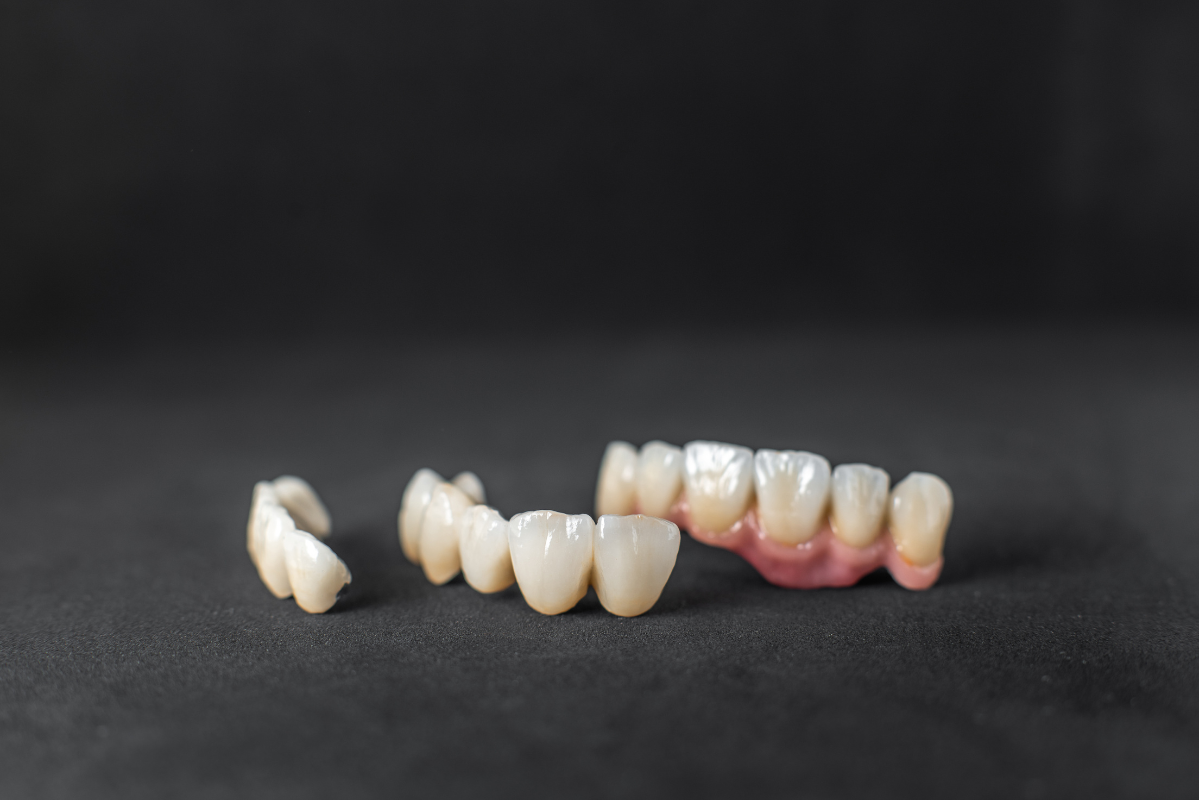
How Long Do Veneers Last?
October 10, 2023
Dental Veneers
Are you ready to sport a smile that can light up any room? Veneers are undoubtedly one of the most popular and effective ways to achieve a flawless set of teeth. But, like any investment, it’s important to know how long your beautiful new smile will last. In this blog post, we’ll dive deep into the world of veneers and answer the burning question on everyone’s mind – how long do veneers last? Get ready for some enlightening insights and tips that will help you make the most out of your dental makeover!
Factors That Affect The Lifespan Of Veneers
Various elements influence the lifespan of veneers. Understanding these aspects will help you make more informed selections and guarantee that your veneers last longer.
Proper Oral Hygiene: Proper oral hygiene practices are critical to the longevity of your veneers. Brushing and flossing on a regular basis can not only keep your natural teeth healthy but will help prevent plaque development around the edges of your veneers.
Smoking: Your lifestyle choices can have an impact on how long your veneers endure. Smoking and excessive use of staining substances such as coffee or red wine can cause discoloration over time, lowering the cosmetic appeal and longevity of your veneers.
Bruxism: Clenching or grinding the teeth (bruxism) causes additional strain on natural teeth and dental prostheses such as veneers. Wearing a nightguard while sleeping might protect your veneers from excessive stress if you suffer from bruxism.
Regular Dental Check-ups: Monthly dental check-ups are required to monitor the condition of your veneers. Your dentist can detect early symptoms of wear or damage and offer suitable treatment to help them last longer.
Choosing The Right Dentist: Choosing a qualified cosmetic dentist with high-quality materials is critical to achieving long-lasting and durable results with your veneer procedure.
You may extend the life of your gorgeous new smile by considering these variables and taking the appropriate safeguards!
Average Lifespan Of Veneers
Source: Atlanta Dental Spa
When considering veneers, one of the most frequently asked questions is how long they will last. The average veneer lifespan can vary depending on a number of factors.
The veneers’ durability can be affected by the sort of material employed in their construction. With appropriate maintenance, porcelain veneers can last between 10 and 15 years, or even longer. In contrast, composite resin veneers typically have a reduced lifespan of 5 to 7 years.
Although there is no definitive answer to how long veneers will last, proper maintenance and excellent oral hygiene are essential for ensuring their durability. You can enjoy your porcelain or composite resin veneer enhancements for years by diligently caring for them and making wise lifestyle choices.
Tips For Extending The Lifespan Of Veneers
Proper care and maintenance are essential in preserving the longevity of your veneers. Here are some tips to help you extend their lifespan:
Practice Good Oral Hygiene: Brush your teeth at least twice daily with a soft-bristled toothbrush and fluoride toothpaste. Floss daily to remove plaque buildup between your teeth.
Avoid Staining Foods And Beverages: Certain foods and drinks can stain your veneers over time, such as coffee, tea, red wine, and berries. Limit consumption or rinse your mouth after consuming them.
Don’t Use Your Teeth As Tools: Avoid using your veneered teeth to open packages or bite into hard objects like ice or pens. These actions can cause chips or fractures in the veneer surface.
Wear A Mouthguard During Physical Activities: If you participate in contact sports or grind your teeth at night, wearing a custom-fitted mouthguard is vital to protect natural teeth and veneers from damage.
Visit Your Dentist Regularly: Regular dental check-ups allow for early detection of any issues with your veneers so they can be addressed promptly before further damage occurs.
Veneers can be a long-lasting solution for enhancing the appearance of your teeth. They are popular among individuals looking to improve their smile and boost their confidence. The lifespan of veneers can vary depending on several factors, such as oral hygiene practices, lifestyle habits, and the materials’ quality.
On average, veneers can last anywhere from 10 to 15 years with proper care and maintenance. However, it is important to remember that they are not permanent and may need replacement over time. Remember that while veneers provide an excellent cosmetic solution for many dental concerns, they do require proper care and attention to ensure their longevity. By following these tips and maintaining good oral health practices, you can enjoy beautiful smiles with lasting results.
So why wait? Consult a Dawson Modern Dentistry – Matthews today to explore whether veneers are right for you!
More Blog Posts
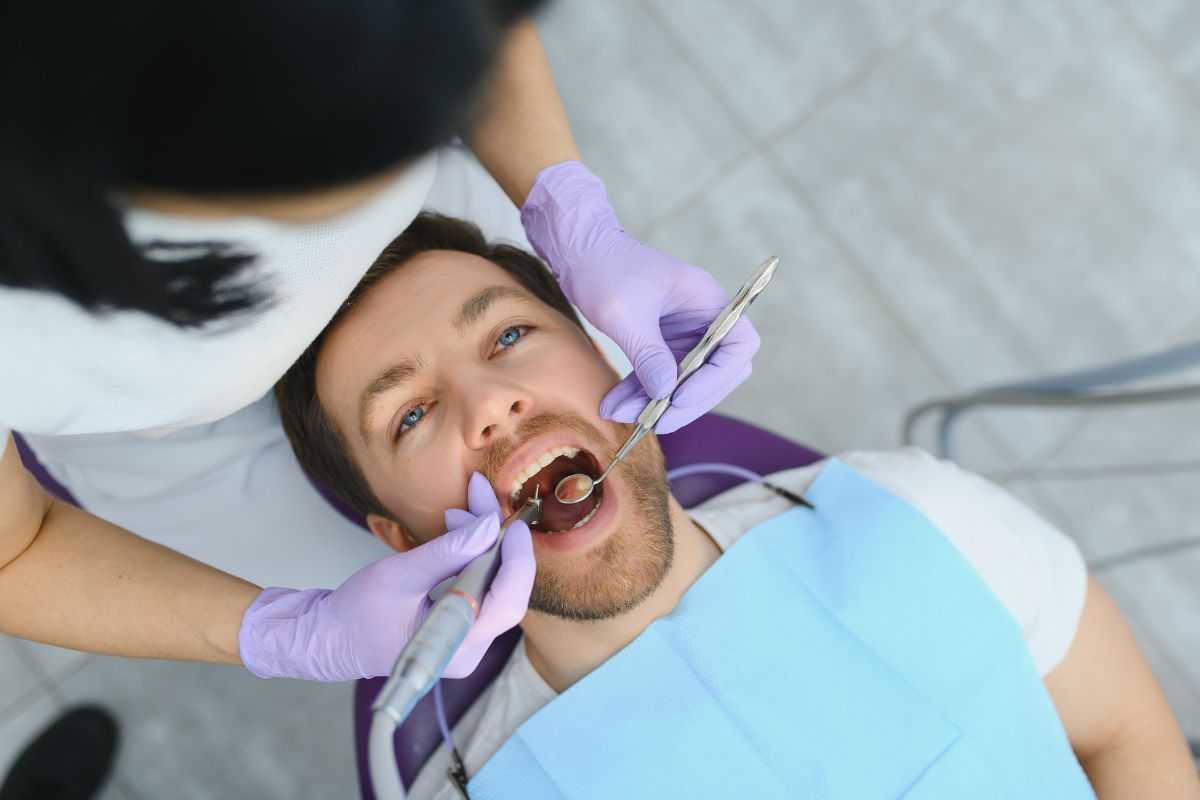
Composite vs. Amalgam Fillings: Which Is Better for Your Smile?
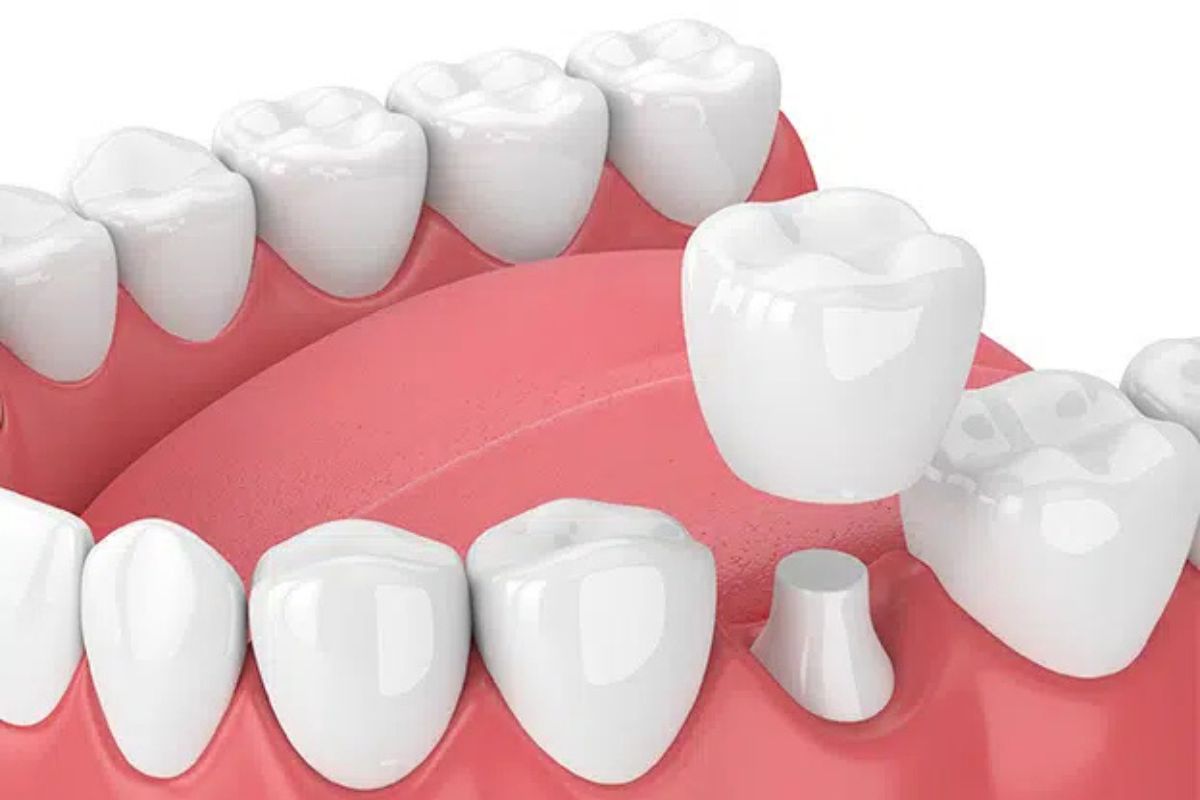
How to Know When Your Dental Crown Needs Replacement
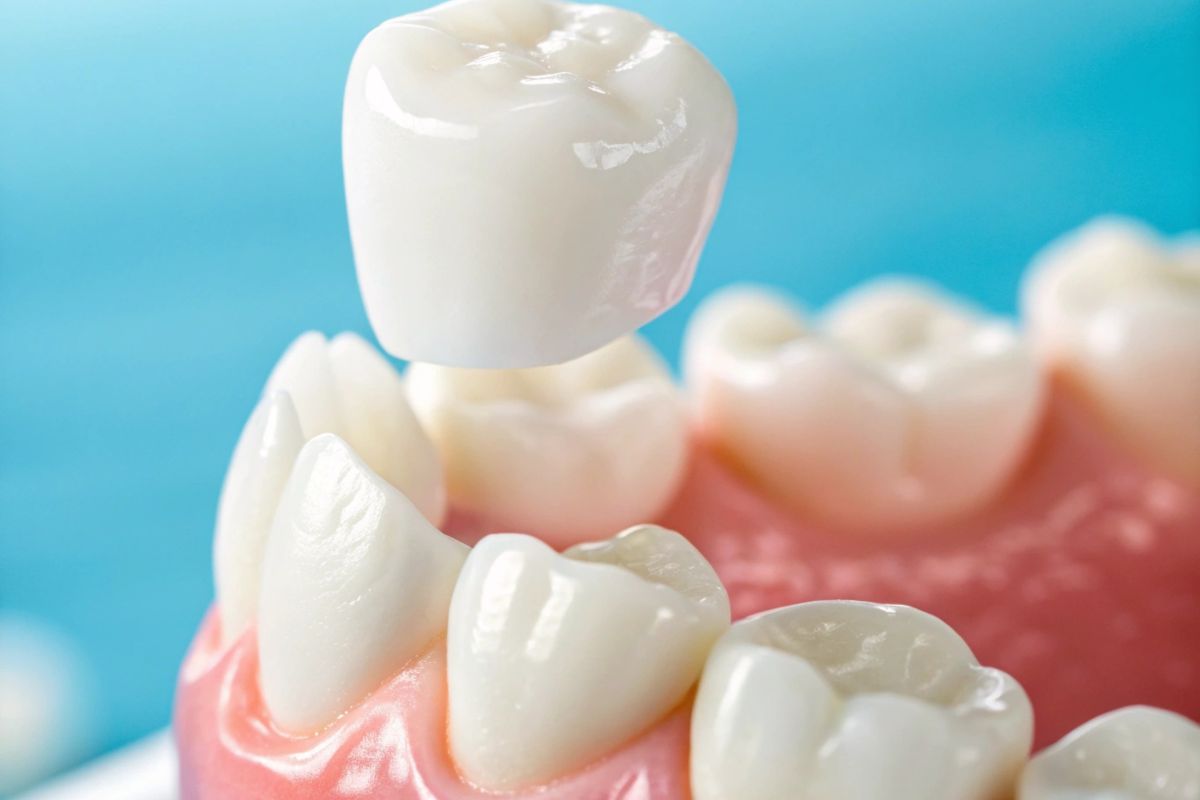
Dental Crown Problems & How to Fix Them
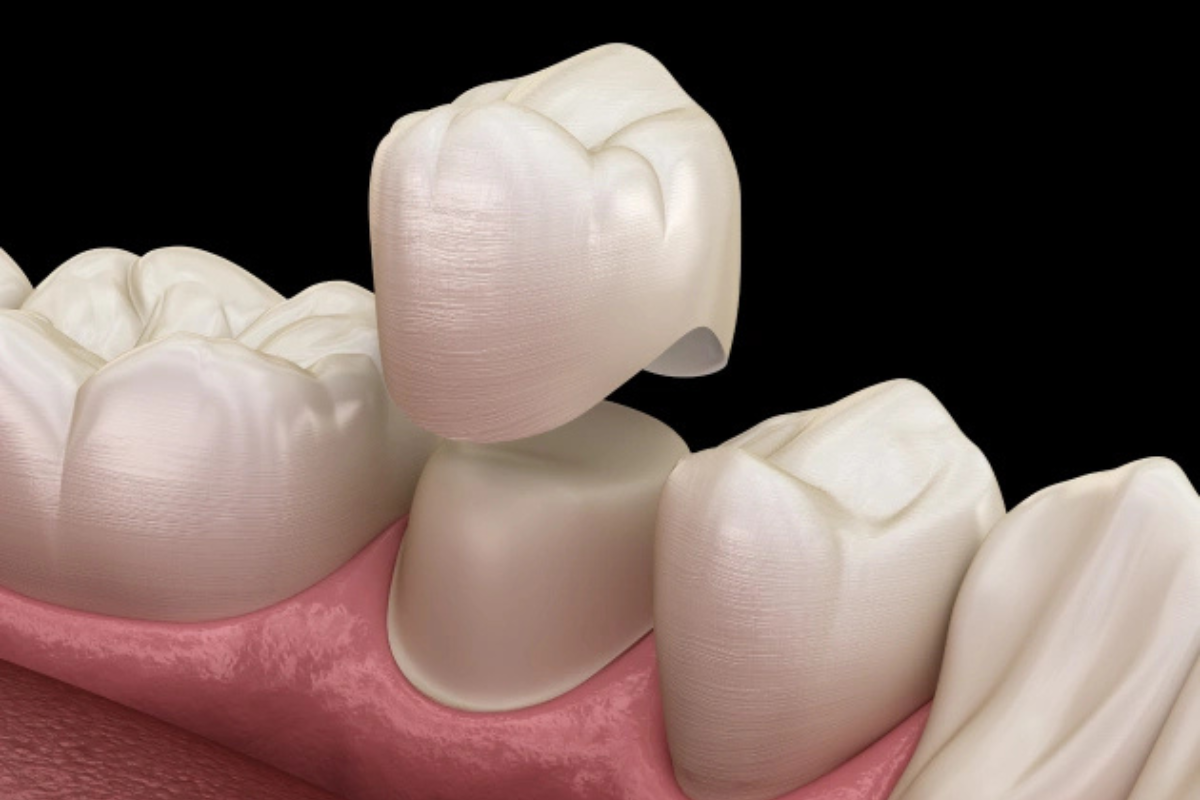
Caring for Your Dental Crowns: Do’s and Don’ts
